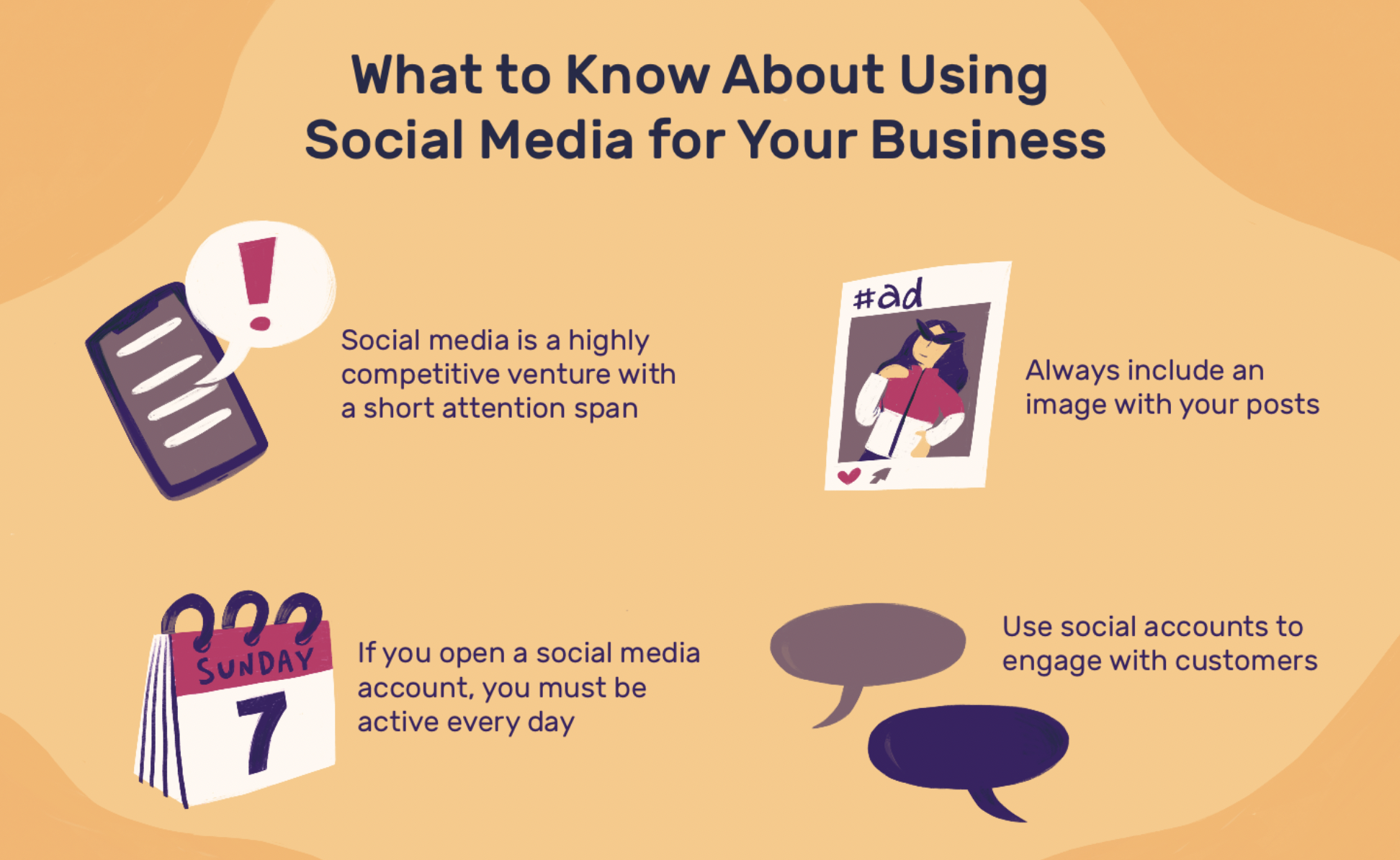You need a precise, focused social media strategy if you want to draw in new fans and followers on social media and turn them into paying clients. If you don’t, your supporters and potential customers will see how disorganized you are. By sending your audience to your competitors, you run the risk of losing customers and damaging your brand.
Steps to Successful Social Media Marketing:
Gauging Audience Interests:
As much as you can, find out who your target market is. What concerns and interests do they find most social? What problems are they trying to solve? What annoyances do they have? Utilize the same social media channels as your intended audience. Are Twitter and Facebook their preferred social networks? Do they all utilize Instagram and Pinterest? Go where your target customer is to increase brand recognition, engagement, and brand ambassadors.
Audiences love original and authentic content. You can use Copy Checker — a free plagiarism checking tool — for this purpose.
Developing Strategy Playbook:
Make a strategy for social media promotion. The playbook should include information on your KPIs, audience profiles, brand personas, campaign concepts, promotional events, competitions, content topics, crisis management strategy, and more. Make sure that every social media platform you use has a unique strategy.
Sync up your workforce with the strategy. Make sure everyone agrees with your strategy. Tasks like who will post to your blog and each social media platform, who will respond to comments and @mentions, and who will be in charge of metrics tracking and reporting should be distributed among your team members. Also, use plagiarism checker to authenticate the content you produce.
Scheduling content Marketing:
You should schedule your content marketing. Use one of the sample spreadsheets I’ve created as a starting point to plan content ideas, headlines, related links, desired scheduling, author names, and other details. Post information that relates to current issues and themes. You should share your opinions and join the discussion as soon as there is breaking news affecting your company or industry.
Dealing with Every Social Media Platform Differently:
Consider each of your social media platforms separately. Spreading the same message across numerous platforms is ineffective; instead, think about your audience on each platform and how they interact. What is effective on Facebook might not be effective on Twitter and vice versa.
Hiring Customer Service:
A representative for customer service should be assigned. Responding to user-generated content, comments, and criticism—whether favorable or unfavorable—is crucial. The success of social media marketing depends on CRM (customer relationship management).
It is important to schedule metrics reporting. Depending on your objectives and expected results, metric reporting may occur weekly, monthly, or bimonthly.
Reviewing Plan Frequently:
Review your plan of action frequently. Change anything in your strategy that isn’t working or run A/B tests to see which approach gets the best response from your audience. Use two different iterations of your content simultaneously and gauge which is more effective before using it going forward. You must first build brand recognition so that potential customers are aware of your brand to draw in a larger consumer base.
The only way to achieve this is to produce extremely creative and visually appealing content that will grab the attention of all potential customers and inform them of your brand’s existence. This can be done by putting into practice efficient social media marketing strategies and content marketing campaigns that leave a lasting impression on everyone who makes use of the social media networks you choose to use.
Once you have raised awareness of your brand and helped people form a favourable impression of it, you will notice that your target audience is connecting with your content or brand more frequently.
